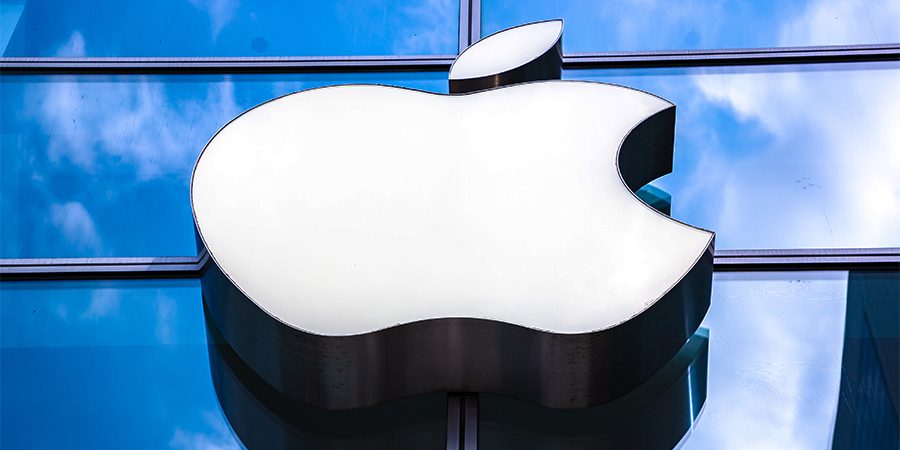In this article, we’ll examine the court ruling that has granted App Store developers the ability to use alternative payment methods, bypassing Apple’s 30% commission fee.
This decision comes after a lawsuit filed by Epic Games in response to “Fortnite” being removed from the App Store in 2020.
Key Takeaways:
- A federal appeals court has ruled that App Store developers can link to outside payment systems, avoiding Apple’s 30% fee.
- The ruling is part of an antitrust lawsuit filed by Epic Games, which accused Apple of anti-competitive practices.
- The court found that Apple’s “anti-steering” provision violated unfair competition laws but ruled in favor of Apple on other aspects of the case.
- Epic Games’ CEO Tim Sweeney acknowledged the decision as a positive outcome for developers.
Epic Games vs. Apple: A Background of the Case
In 2020, Epic Games, the creator of the popular game “Fortnite,” filed an antitrust lawsuit against Apple.
The lawsuit was a response to Apple’s removal of “Fortnite” from the App Store after Epic Games integrated its own payment system within the app.
This move by Epic Games violated App Store guidelines, which stipulate that apps must use Apple’s payment system for in-app purchases.
The Court’s Decision on the “Anti-Steering” Provision
In the recent ruling, the federal appeals court determined that Apple’s “anti-steering” provision was in violation of unfair competition laws.
This provision prevented developers from directing users to make payments outside the app, ensuring that Apple would receive its 30% commission fee on all transactions.
The court’s decision now allows App Store developers to link to external payment systems, bypassing Apple’s commission fee.
But the court decided in Apple’s favor for other parts of the lawsuit, stating that Epic Games’ accusation of Apple breaking antitrust laws was not valid.
Reactions from Apple and Epic Games
Apple said that they had won a big victory, but they don’t agree with the court’s decision on one of the claims related to state law. Apple is reportedly considering further review.
In contrast, Tim Sweeney, the CEO of Epic Games, saw the court’s decision as good news for developers.
In a tweet, he stated that the ruling rejects Apple’s restrictions and allows iOS developers to redirect users to their websites for direct transactions.
Impact on App Developers and Users
This court decision has significant implications for both app developers and users.
Developers now have the opportunity to avoid Apple’s 30% commission fee, which could result in higher revenue for them.
Additionally, developers can now choose the payment systems they prefer, giving them greater control over their apps and the user experience.
For users, the ruling may lead to lower prices on in-app purchases. With developers no longer forced to pay Apple’s 30% fee, they might pass these savings onto consumers.
Moreover, users may benefit from a more diverse range of payment options, as developers experiment with different payment systems.
Broader Implications for the App Store and Mobile Market
This ruling has the potential to reshape the mobile app market landscape.
While Apple still maintains control over many aspects of its App Store, the decision marks a significant change in the balance of power between the tech giant and app developers.
Apple’s 30% commission fee has been a longstanding point of contention, with many developers and industry experts arguing that it stifles competition and innovation.
This ruling could encourage other app stores and platforms to reconsider their commission fees and adopt more developer-friendly policies.
Furthermore, the decision may lead to an increase in legal challenges against tech giants and their app store policies.
The Epic Games vs. Apple case has demonstrated that large companies like Apple can be held accountable for their practices, and it is possible that other developers will pursue similar lawsuits in the future.
Conclusion
The recent court ruling in the Epic Games vs. Apple case has opened the door for App Store developers to use alternative payment methods, bypassing Apple’s 30% commission fee.
This decision has far-reaching implications for both developers and users, as well as the future of the App Store and the mobile app ecosystem as a whole.
Developers now have more freedom and flexibility in choosing payment systems, which could lead to increased innovation and competitiveness within the industry.
Users, on the other hand, may benefit from lower prices and a more diverse range of payment options, enhancing their overall experience.
 Sections of this topic
Sections of this topic
















